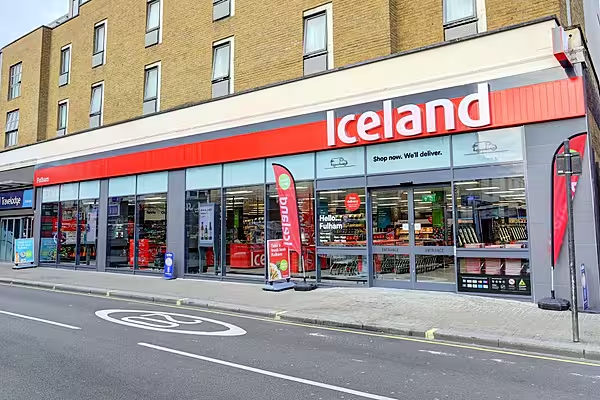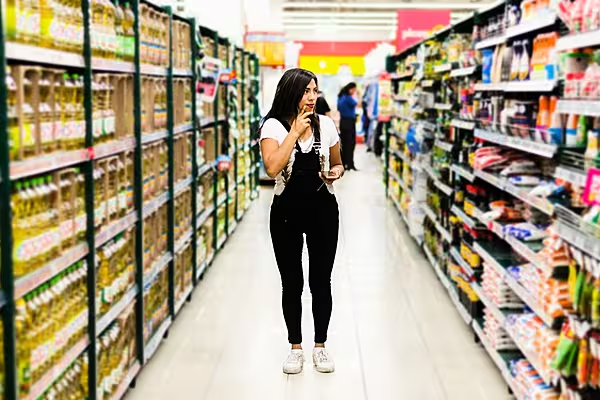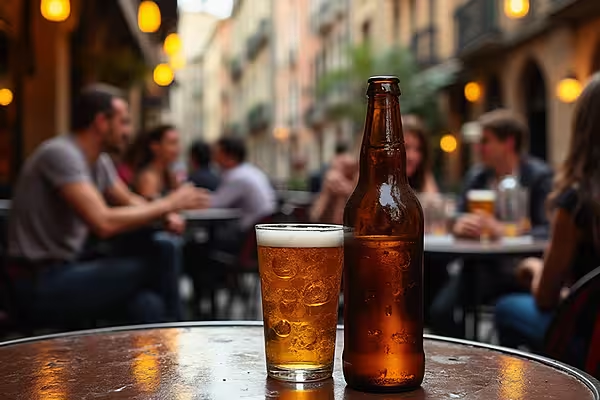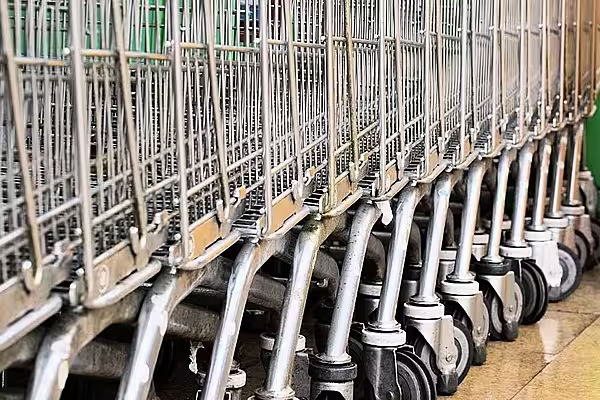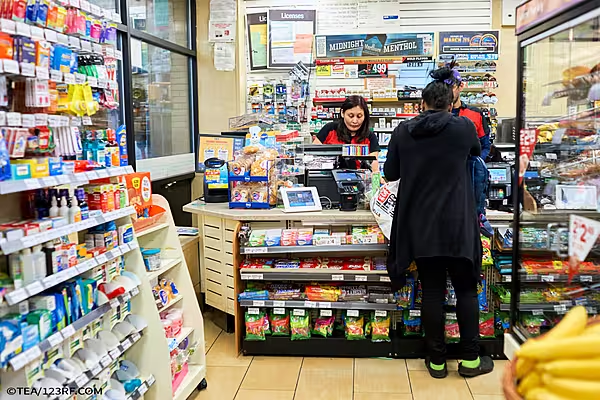Portuguese retailers have pledged to promote the efficient use of plastic by reducing the use of disposable plastics and committing to the development of new materials.
An agreement signed between the Portuguese Association of Distribution Companies (APED) and the Portuguese Environmental Agency (APA) has put forward a platform for the development and testing of alternative solutions to disposable plastics, through partnerships with universities and research centres.
APED will cooperate in the implementation of a deposit system for non-reusable plastic beverage packaging and strengthen consumer communication actions to encourage behavioural change.
In tandem, APA will identify barriers that prevent the adoption of more sustainable solutions.
Cotton Swabs
Portuguese supermarket chain Pingo Doce has announced that it will reduce plastic use by around 25,000 kg per year via the launch of cotton swabs featuring a paper stick.
According to the retailer, the new product 'will contribute to the reduction of maritime pollution' and is part of the company’s social responsibility strategy, namely in the 'Amar o Mar' ('To Love the Sea') project – a programme that brings together a series of initiatives for the preservation of the oceans.
The programme also anticipates the replacement of single-use plastic bags with bags made of at least 80% post-consumer recycled plastic – an initiative that is already under way in several Pingo Doce stores.
Elsewhere, Lidl Portugal has committed to stop selling plastic bags by the end of 2019. This initiative will be conducted in phases, starting in May, in the northern region of the country.
It follows a successful pilot that took place in 12 stores and will result in the elimination of around 25 million plastic bags per year.
Ahead Of Targets
Meanwhile, Portuguese daily Public reported that Portugal plans to implement an EU-wide ban on certain plastic products ahead of required targets.
Instead of the EU implementation date of 2021, Portugal plans to implement a ban on plastic single-use plates, cutlery, straws, coffee sticks, glasses, and cotton buds from the second half of 2020.
Compliance with the European Directive on Single Use Plastics will also mean that the oxo-degradable plastic bags that are still used in some hypermarkets will be phased out from 1 January 2020.
Portugal’s Ministry of the Environment is also working on a returnable system for plastic bottles, which should be implemented from January 2021 – a year earlier than initially planned.
© 2019 European Supermarket Magazine – your source for the latest retail news. Article by Branislav Pekic. Click subscribe to sign up to ESM: European Supermarket Magazine.





